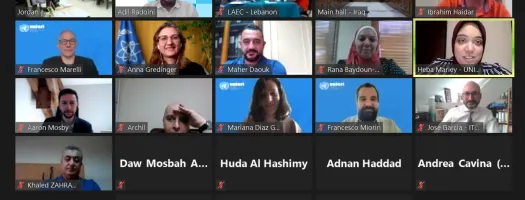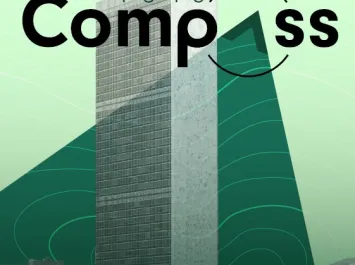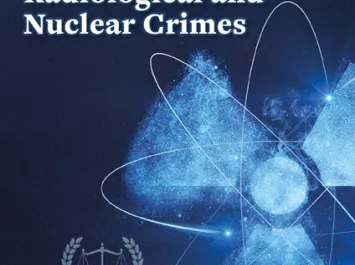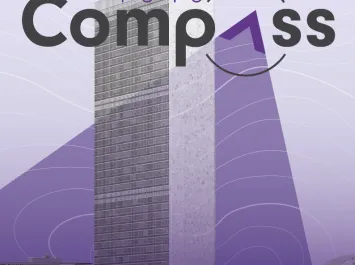On 26-27 May 2021, UNICRI held the 1st regional peer-to-peer workshop with the participation of the State authorities in charge of countering radiological and nuclear (RN) trafficking in Iraq, Jordan and Lebanon. The workshop was conducted within the framework of the project CONTACT – Enhancing capacities to prevent the trafficking of radiological and nuclear material in the Middle East, funded by Global Affairs Canada. The organization of the event was facilitated by the Chemical, Biological, Radiological and Nuclear (CBRN) National Focal Points and the CONTACT Focal Points: Dr. Riad Al-Tamimi for the Republic of Iraq; Colonel Saleh Al-Sheyab and Dr. Samer Al Quraan for the Hashemite Kingdom of Jordan; and Dr. Bilal Nsouli and Dr. Rana Baydoun for the Republic of Lebanon. The workshop connected UNICRI and the experts from other international organizations with the three national teams, which gathered in Amman, Baghdad and Beirut.
Several regional and international organizations attended the workshop to provide their perspectives on regional and international cooperation in the field of RN security, including the International Atomic Energy Agency (IAEA) - Division of Nuclear Security, the Arab Atomic Energy Agency (AAEA) and the International Criminal Police Organization (INTERPOL).
Over the course of the two-day meeting, participants exchanged information on the three countries’ counter RN trafficking systems, good practices, capabilities and challenges, both at the national and regional levels. In addition, the countries representatives had the opportunity to identify gaps and challenges related to regional cooperation and the exchange of information on RN trafficking incidents through scenario-based discussions facilitated by UNICRI’s experts.
“The workshop presented us with a great opportunity to exchange information with our counterparts in Jordan and Lebanon. The country presentations were extremely valuable and steered a very fruitful discussion on fostering regional cooperation in the field of countering RN trafficking. In this regard, we also agreed on the importance of having bilateral cooperation between the countries as well as multilateral cooperation that involves regional and international organisations”, Said Dr. Riad Al-Tamimi CBRN National Focal Point - Iraqi National Monitoring Authority for non-proliferation (INMA).
Dr. Rana Baydoun, Researcher and National Emergency Officer at the Environmental and Border Radiation Control Department at the Lebanese Atomic Energy Commission (LAEC), also added that “The 1st regional peer-to-peer workshop was a very good platform to engage in important discussions with our colleagues in Iraq and Jordan on issues of RN trafficking. We were able to touch base on aspects related to inter-agency and regional coordination, communication, and sharing of information, with the aim of setting a base for a regional cooperation process.”
From his side, Mr. Francesco Marelli, Head of Programme, CBRN Risk Mitigation and Security Governance, added that “Regional cooperation is a key component in tackling the RN trafficking. The Middle East partner countries showed a strong interest in working together to overcome this important challenge through the framework of the CONTACT project."
This peer-to-peer workshop is the first of a series of regional events to be conducted under the umbrella of the CONTACT project 3rd and final Work Package focused on regional cooperation. The remaining two events, namely the 2nd peer-to-peer workshop and the final tabletop exercise, will contribute to reviewing the existing gaps, identifying the relevant solutions and future actions, and agreeing on a roadmap to enhance regional cooperation among the three countries.
CONTACT is the first project in the Middle East that focuses on intelligence operations to counter RN illicit trafficking. Previous international projects have focused on the provision and use of radiation detection equipment to identify illicit trafficking. However, the “human factor” is of equal importance, as demonstrated by the fact that most successful seizures of radiological and nuclear material is attributable to soundly planned and executed intelligence operations.
Within the framework of the project CONTACT, UNICRI is working with countries in the Middle East to share good practices and reinforce capabilities to effectively and carefully plan intelligence and law enforcement operations as well as the exchange of information at the national, regional and international level.



